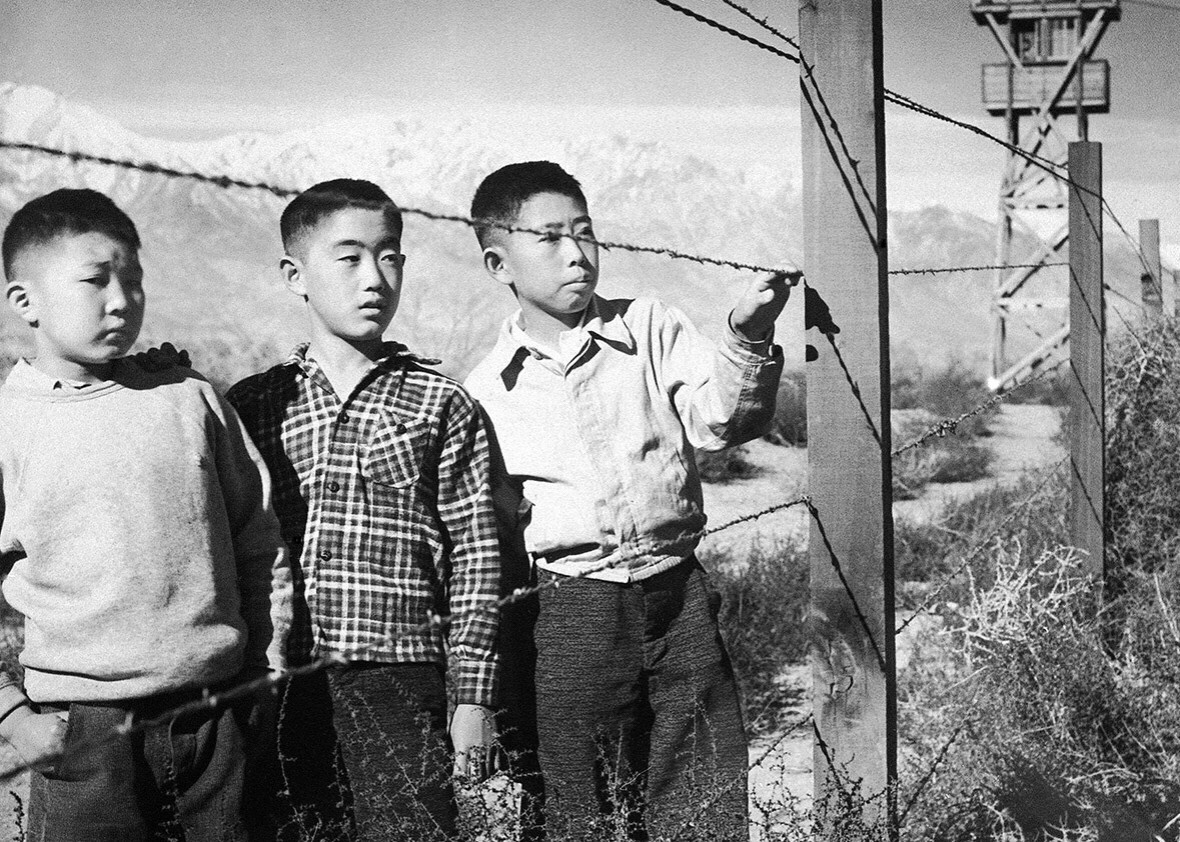
Last month, a major milestone was hit for Asian American musicians. Far East Movement, a West Coast Asian American electro hop group, made history by becoming the first Asian American group to have their single, “Like a G6”, top the Billboard Top 100 and the iTunes charts, and go platinum (meaning that they sold 1 million copies).
This was awesome for Asian Americans, particularly those who have been following FM’s career since 2003 when they appeared primarily in the Asian American on-campus conference circuit. I’m delighted to see FM make it big, and to become one of the few Asian American musicians and musical groups to become a household name.
Now, I have a confession to make: I really don’t like “Like a G6″.
I haven’t been willing to confess this because, well, frankly, I thought it made me a bad Asian American.
Intellectually, I appreciate “Like a G6“. I get that it’s a dance-floor song that captures the L.A. Asian American club-hopping scene to a tee. I get that it embodies the dynamic, frenetic energy of West Coast night-life. And I admit that that’s a scene I am absolutely not a part of. (I’m a hip-hop/top 40’s club girl, I’m rarely ever “slizzered” any more, and I’m too poor for Cristal).
That’s probably why I find the song — and specifically the hook — really kind of annoying. There’s something a little, I dunno, Double Dragon about the overly-synthesized sound of it. Every time I hear the hook, I want to drop some E and twirl some glow sticks. Which, admittedly, is a totally Asian American thing to do… fifteen years ago (and in the part of Toronto where I grew up).
But what’s really interesting to me is how FM’s true talent lies in their ability to flawlessly adapt their sound and repackage it for a new audience. Although FM has become a little more electronica with their latest album, they aren’t trapped in that genre. Angry Asian Man posted FM’s single “Rocketeer”, which was actually released before “Like a G6”. And that, surprisingly, is exactly my taste in music:
It turns out that “Rocketeer” is co-written by Bruno Mars, and frankly, his fingerprints are all over this one. In fact, I almost wish they’d gotten rid of One Republic’s Ryan Tedder and just let Mars sing the hook. But, in any event, this is the kind of song that would show up on my iPod playlist in a heartbeat.
As I consider FM’s popularity, it occurs to me that FM is remarkable not just for what they have accomplished, but how they have accomplished it. FM is making a name for themselves precisely because they are edgy, experimental, and exploratory, even while appealing to commercial interests. Pioneers before FM were hailed as master of their respective genres, but largely as novelty acts who were rarely praised for their ability to revolutionize their sound. Think Jin the Emcee, who became renowned as a master of freestyle battle rhymes (and who, sadly, hasn’t even been mentioned in the last spate of posts focusing on FM). Despite being signed to Ruff Ryders, he (unfortunately) floundered when asked to translate his lyrical talent into a unique, commercial sound. Meanwhile, FM practically reinvents themselves, and the little-known electro hop genre, with every track.
All last month, as the blogosphere exploded with excitement and glee over FM’s success, I stayed mum. I didn’t want to confess my personal distaste for “Like a G6”. I felt unease at freaking out over a group that was talented before they made it to the top of the Billboard charts, and remains talented afterwards. In an era of light-speed music sharing, underground mixtapes, and pop culture ADD, do these mainstream metrics still matter? Should we celebrate because we have produced talented Asian American artists, or because when we get recognized by the mainstream? And, if the latter, are we at risk of elevating the opinions of the mainstream over that of our own?
I don’t have the answers to these questions. But, what I’ve since come to realize is that there’s absolutely nothing wrong with celebrating FM’s success on the charts, while admitting that those metrics don’t really matter and that I don’t particularly like their single. There’s something to be said about this new age of visible Asian American artists.
Oliver Wang — who writes about music and pop culture far better than I do — recently wondered in an article for the L.A. Times whether we’re in a “golden age” of Asian American music? I agree with him, it’s premature to say for sure. But, there’s definitely something to be noted about the fact that Asian American music has grown to such an extent that our musicians not only run the gamut of musical tastes, but they do so by being true artists and acoustic adventurers. Even twenty years ago, no one would have thought it possible that the Asian American musical pioneers who first got their foot in the door would have paved the way for today’s Asian American musical revolutionaries like Linkin Park, Chad Hugo of the Neptunes, Bruno Mars, and FM, all of whom are noteworthy because they’ve not only mastered — but redefined — music today.
And, I don’t have to like what they’re doing to appreciate that they’re out there and they’re doing it.

